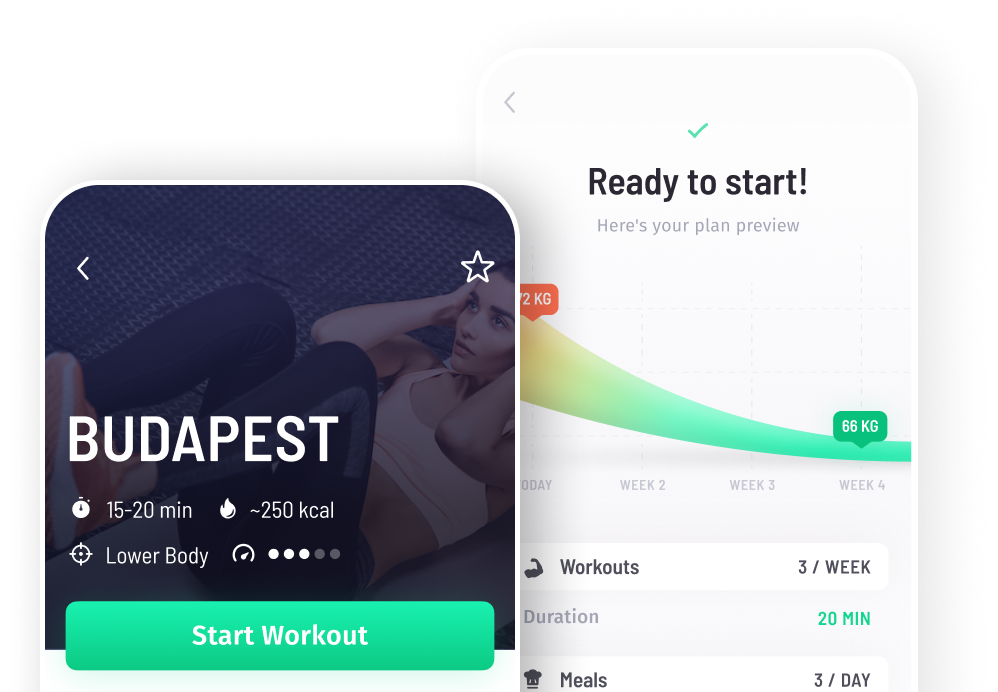We are all having to wear face masks in our day to day lives as the world tries to bring the coronavirus pandemic under control. This is fine for most people: going into shops and cafes, it is comfortable and practical to keep your mask on. However, sometimes it isn't so practical.
Any gym goer will know this feeling all too well. But can you exercise with your mask on, and should you?
Can you exercise with a mask on?
It's required to wear facemasks or cloth face coverings in public in a lot of places, especially where social distancing is hard to maintain and ventilation is poor. We dont know when this practice will end.
However, on June 16th, 2020, the World Health Organisation released guidance stating that people shouldn't wear face masks whilst exercising. Doing so can reduce a person's ability to breathe comfortably.
The most important factor in preventing disease spread is distancing yourself from others. If you can manage this, you should be OK. Most gyms have brought in measures to adhere to 2m social distancing with this in mind.
Note, they said they should not, not they could not. User discretion should also play a part- if you feel safe and comfortable wearing a mask, and don't feel it inhibits your performance, that is your call to make. It is safe, just not optimal, to wear a face mask when you're training.
Is it bad to exercise with a mask on?
It is most likely a bad idea to exercise with a face mask on, for most people, in most circumstances.
As mentioned above, it's sub-optimal to train with a mask on. It may reduce your ability to breathe comfortably. The mask itself is an impediment to breathing. Added to this, your sweat can dampen the mask, making it even harder to breathe and promoting the growth of dangerous microorganisms.
People who have underlying cardiovascular or respiratory conditions, such as asthma, chronic obstructive pulmonary disorder (COPD), bronchitis, cystic fibrosis, or pulmonary fibrosis, should be particularly wary about exercising with a face mask on.
If you do decide to train whilst wearing your mask, watch out for specific symptoms of oxygen deprivation such as light-headedness, dizziness, numbness or tingling and shortness of breath. Always be sure to use a disposable face mask, and/or to wash your facemask regularly.
If in doubt, it's always best to consult with your doctor about whether or not you should wear your face mask as you train.
Did you enjoy this article? Share it!

